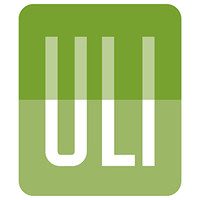
Amsterdam has always been ambitious about its urban development. With 80 per cent of land owned by the city, Amsterdam has been able to establish a strong tradition of high-quality planning.
Since the beginning of the last century, the city has focused on developing social housing on a large scale. In recent years, strong economic growth has made the city a magnet for residents and businesses; and the number of people living and working in the city has never been higher. The dark side of this success is a booming real estate industry, rising prices, and increasing segregation. The city’s tradition of inclusiveness is under threat.
These trends are new to policy makers, who are responding to them with major new interventions targeting both existing housing stock and new residential development. Some changes can be made at the local level, but many of the regulations that affect the housing market are set by the central government in the Netherlands.
However, the housing market is a complex system and regulations are only one aspect of the solution. Many stakeholders must collaborate to create thriving communities and ensure responsible land use. Supporting these goals is a central part of the mission of both ULI and the main actors responsible for urban development in Amsterdam. Market pressures can force the players to be very specific in their goals, and the instruments they use. Open discussion is needed to find a way to balance the need to maintain social integration in a more liberal environment that accommodates the requirements of housing developers and investors.
This type of discussion was the aim of the Affordable Housing Game that Play the City created in collaboration with ULI Europe and ULI Netherlands. It provided a forum where the public and private partners could come together and exchange views in an open way, less restricted by day-to-day “real world” issues and objectives.
Source : ULI (Urban Land Institute)















